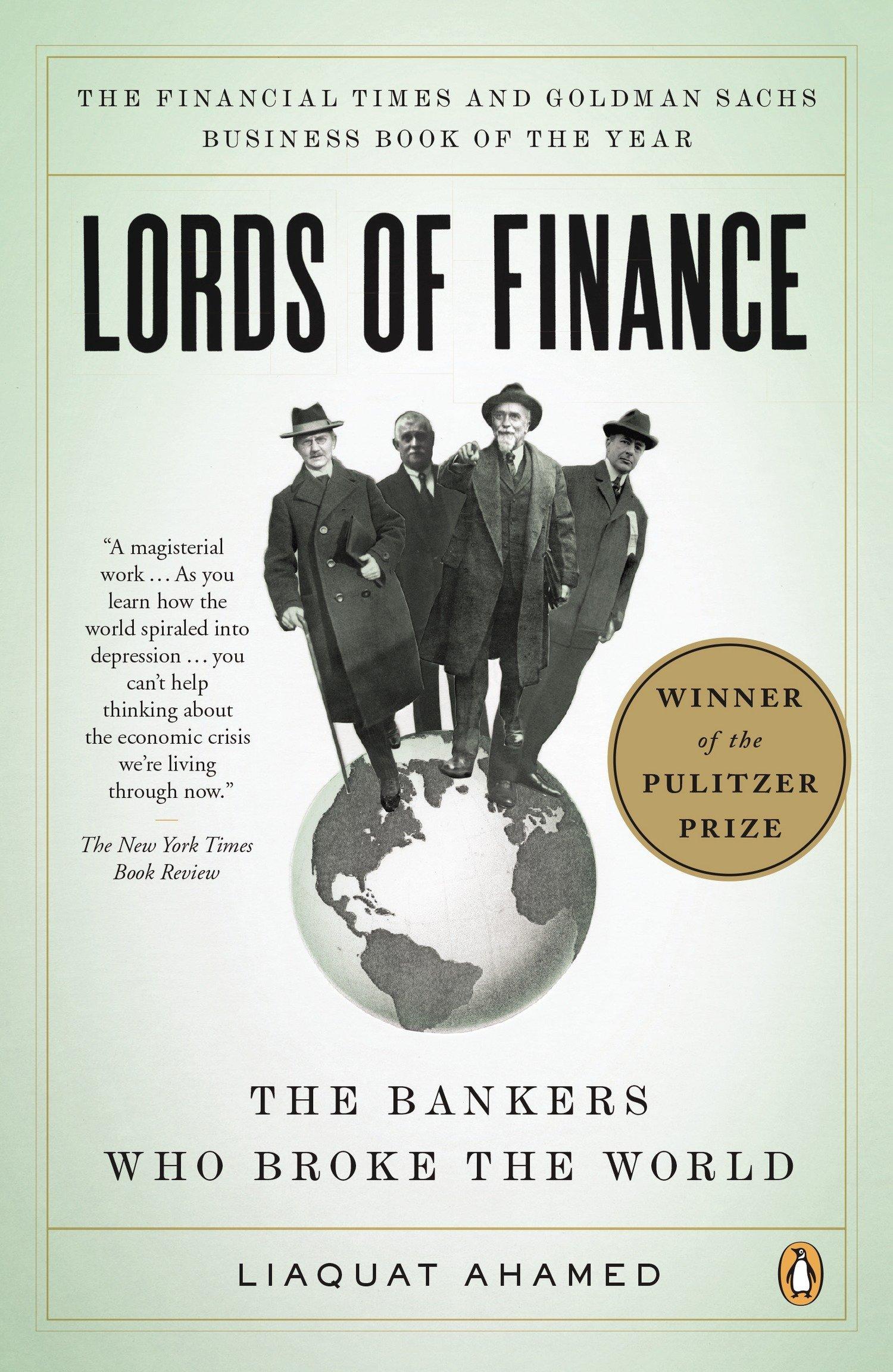Food-For-The-Poor Foundation is allowed to own both long and short positions. They have hired an investment manager that has constructed an equity portfolio with a beta of zero. They have accomplished this by having a long position in stocks, and then balancing that market exposure by taking a short equity position (selling shares). By maintaining a zero portfolio beta, the manager expects portfolio returns to be uncorrelated with equity market returns. This type of strategy is called _____.
| | B) a returns-based strategy |
| | C) a market-neutral strategy |
An equity investment manager is responsible for establishing the sale discipline for the portfolios he manages. Historically he has found that if he sells a stock when the business fundamentals of the issuing company deteriorates, he avoids further price decline of that stock. This type of selling discipline is called the _____.
| | A) opportunity cost discipline |
| | B) valuation level sell discipline |
| | C) target price discipline |
| | D) deteriorating fundamentals discipline |






